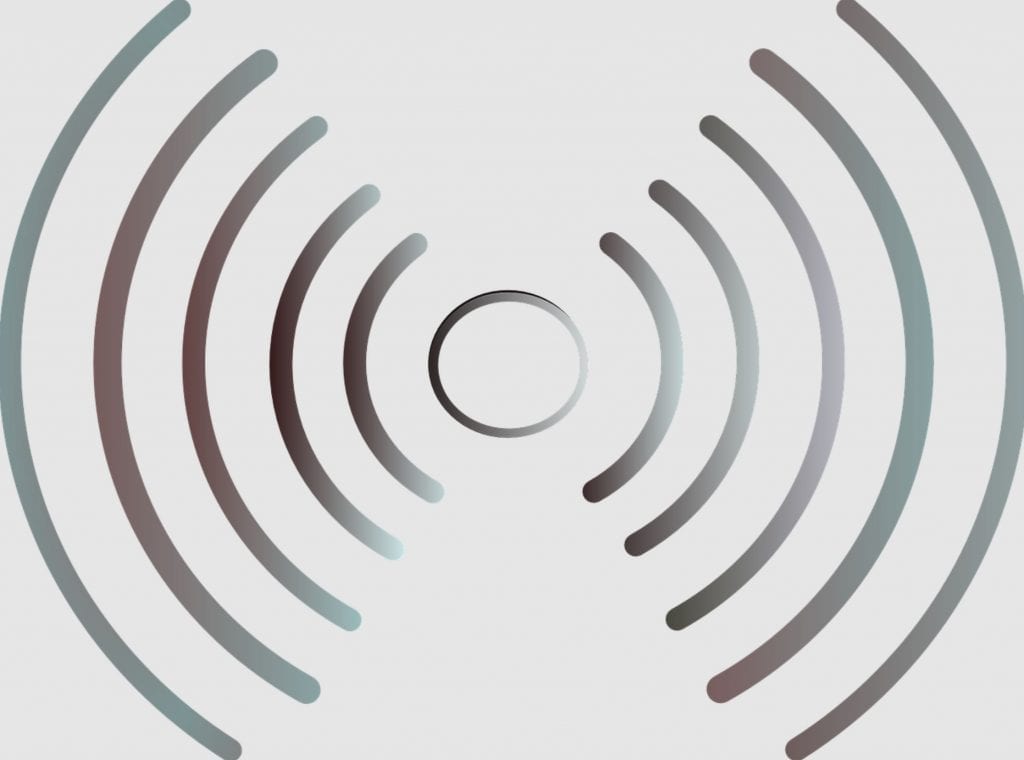
A new program Artificial Intelligence It could be able to scan us using radio signals to detect our mood, which would become such a revolutionary technological advance that it is not yet known to what extent it can be positive or not.
A scientific team from the Queen Mary University of London is developing a new neural network that, through radio waves or Wi-Fi capable of measuring variables in heart rate or respiratory rate, boasts of being able to automatically interpret certain human emotions that could indicate with some precision the state of an individual's mood.
According to the study published just a few days ago in the magazine PLoS ONE, the research has been carried out through an experiment in which a video was projected to be viewed by a certain number of participants. The content of the images stood out for their ability to evoke different types of emotions such as pleasure, joy, sadness or anger.
The secret in invisible signs
During the screening, the authors of the study directed different harmless radio waves and signals such as those used by wireless transmitters in radars or Wi-Fi networks. After the rebound of the signals, the variations caused by slight body movements could be analyzed, thus gaining access to valuable information obtained from a response in the respiratory and heart rate of the volunteers. Something that until then seemed hidden.

Previously, other methods had been used to interpret emotions that were based solely on the facial recognition, although their results had a reliability of success of no more than 40%. This new procedure that relies on a neural network capable of learning by itself to interpret emotions based on cardiorespiratory constants. You can get your diagnosis right with an accuracy of 71%. Although it is not a perfect answer to what is intended, it may be relevant enough to obtain some usefulness from it.
Profits in the future
As Professor Yang Hao, main author of the project, says, this advance could be developed in fields such as medical care, mental well-being or in that intended interaction between the robotic and the human. Aside from the range of possibilities that this technology opens up to the use of AI as a basis for new startups, as well as for the creation of different practical applications of all kinds that could range from the business world to the territory of video games or any other type of leisure.
It could also be much better to identify who is going to pay a bill through facial recognition. credit And who doesn't, it will sound absurd, but the applications are endless.
Just a few months ago it was possible to see how the IA Rebel He was capable of destroying a poker professional through a complex calculation of probabilities and a new self-learning technique. In this way, it was decisively imposed in a game of incomplete information that has been one of the greatest challenges of Artificial Intelligence in the last two decades.
Where are the limits?
Of course, with technology like this, it is still not entirely clear to what extent it can be helpful or, on the contrary, pose a threat to our well-being. We are aware that currently our interaction on social networks and other activities we carry out leave behind a trace that, sometimes to our regret, allows us to predict our tastes, habits or modes of conduct. Being so, Are we willing to also give access to our emotions?
According to Yang Hao himself, among his plans is to work in the future with health professionals and experts in the social field to discuss ethical implications and acceptance what this technology can have.

Expert in SEO/SEM and communication on social networks.
CEO at tecnologia.net and passionate about everything related to technological progress






